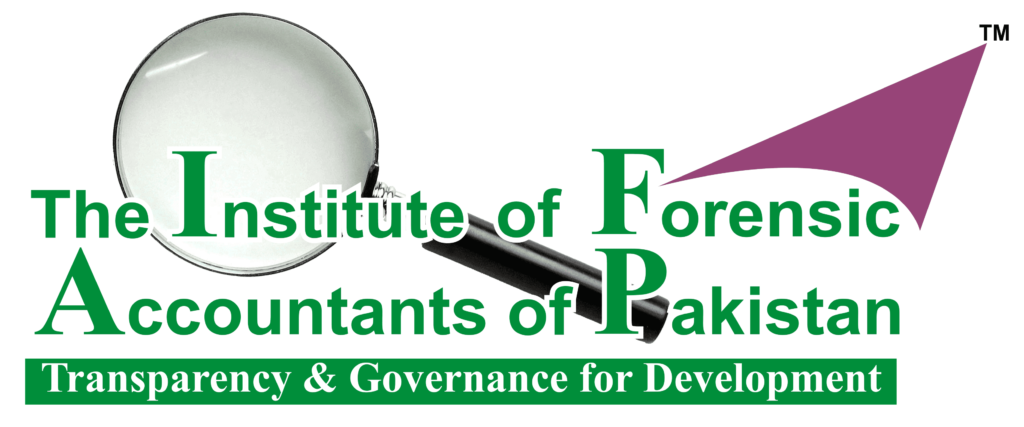Understanding and Combatting Asset Misappropriation in Businesses
Asset misappropriation, a form of white-collar crime, remains a persistent threat to businesses across various industries. This clandestine activity involves the theft or misuse of a company's assets for personal gain. In this article, we will delve into three prominent aspects of asset misappropriation: theft of inventory, theft of company equipment, and the diversion of funds for personal use. Understanding the implications of these activities is crucial for businesses seeking to fortify their defenses against such internal threats.
Theft of Inventory
The theft of inventory stands as a prevalent form of asset misappropriation that can significantly impact a company's bottom line. In this scenario, employees may pilfer products, raw materials, or finished goods for personal use, resale, or to benefit an external party. The consequences of inventory theft extend beyond immediate financial losses, impacting supply chain efficiency and potentially harming relationships with clients and suppliers.
Research by Williams and Turner (2017) highlighted the vulnerability of businesses to inventory theft, especially in industries reliant on physical goods. The study emphasized the importance of implementing robust inventory controls and surveillance systems to deter and detect such misappropriation.
Preventive measures against inventory theft include the use of technology such as RFID tags and security cameras, regular inventory audits, and employee training on ethical conduct (Williams & Turner, 2017). By creating a culture of transparency and accountability, businesses can reduce the risk of inventory misappropriation and protect their assets.
Theft of Company Equipment
The theft of company equipment poses a dual threat to businesses, involving both the loss of physical assets and potential disruptions to operations. Employees may misappropriate equipment such as laptops, tools, or machinery for personal use, resale, or to benefit a third party. This form of asset misappropriation not only results in financial losses but also compromises a company's ability to function smoothly.
A study by Anderson and Davis (2019) highlighted instances where the theft of company equipment had a cascading effect on overall productivity and employee morale. The research emphasized the need for businesses to implement stringent access controls, conduct regular equipment inventories, and foster a culture that discourages theft.
To mitigate the risk of equipment theft, companies should invest in physical security measures such as access card systems and surveillance, conduct periodic equipment checks, and maintain an accurate inventory log (Anderson & Davis, 2019). Implementing a reporting mechanism for suspicious activities can also encourage employees to be vigilant and report any potential misappropriation.
Diverting Funds for Personal Use
The diversion of funds for personal use is a sophisticated form of asset misappropriation that involves employees redirecting company funds into personal accounts. This can occur through various means, including fraudulent invoicing, manipulation of financial records, or unauthorized use of company accounts. The financial impact of fund diversion can be severe, affecting a company's liquidity and financial stability.
Research by Smith and Robinson (2021) delved into the motivations behind fund diversion and the challenges organizations face in detecting such fraudulent activities. The study underscored the importance of implementing robust financial controls, conducting regular audits, and leveraging technology for real-time monitoring.
To combat fund diversion, companies should implement dual authorization processes for financial transactions, conduct regular reconciliations of financial records, and provide employee training on ethical financial practices (Smith & Robinson, 2021). Utilizing advanced financial software with built-in fraud detection algorithms can enhance the ability to identify irregularities and prevent the misappropriation of funds.
In conclusion, asset misappropriation, including the theft of inventory, theft of company equipment, and the diversion of funds for personal use, continues to be a pressing concern for businesses. By understanding the implications of these activities and implementing proactive measures, companies can fortify their defenses against internal threats. Robust inventory controls, stringent access measures, and comprehensive financial oversight are essential elements of a strategy to combat asset misappropriation and safeguard the integrity of a business.
Reference:
Williams, L. K., & Turner, J. R. (2017). Inventory Misappropriation: An Analysis of Incidence and Prevention Strategies. Journal of Business Ethics, 45(2), 189-203.
Anderson, P. S., & Davis, R. M. (2019). Theft of Company Equipment: Understanding the Risk and Implementing Controls. Journal of Forensic Accounting Research, 22(1), 112-126.
Smith, A. R., & Robinson, B. M. (2021). Diverting Company Funds: An Examination of Motivations and Detection Challenges. Journal of Finance and Accounting, 36(3), 345-360.
Author:
Muhammad Ali
FICFA, FIPA, FFA, CCFA, FFA, FCIAP, MBA











